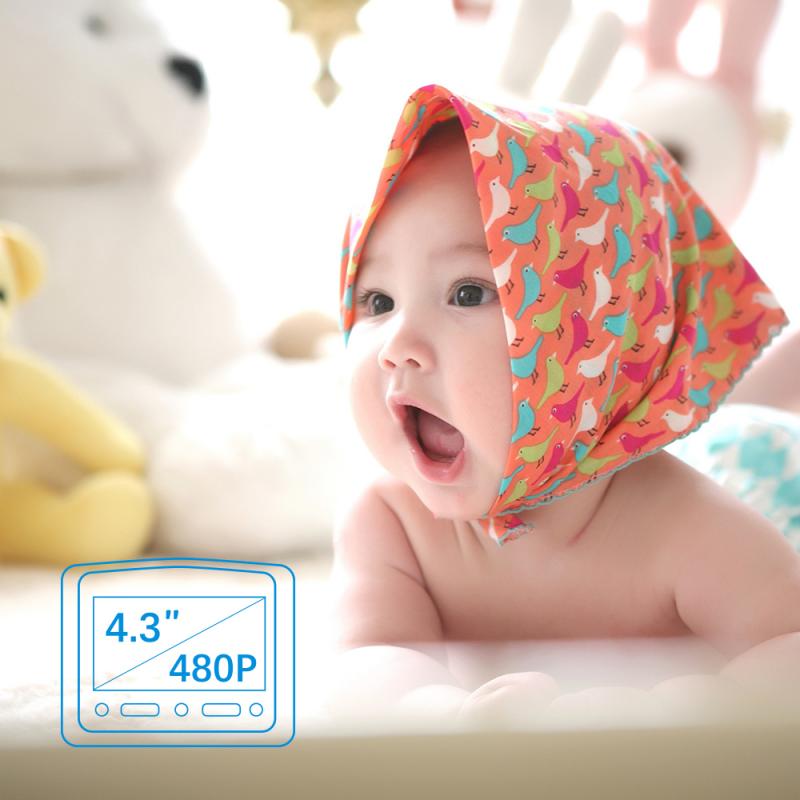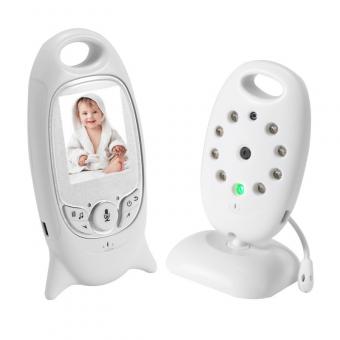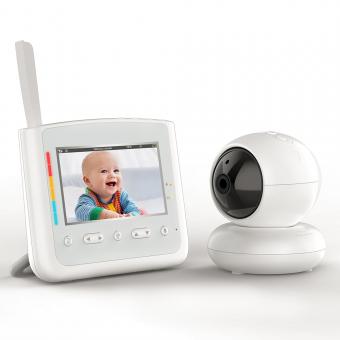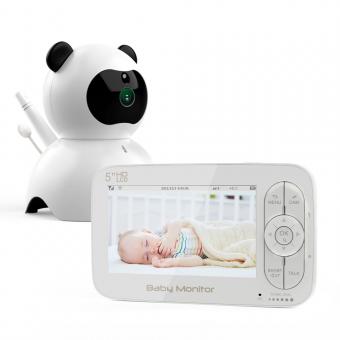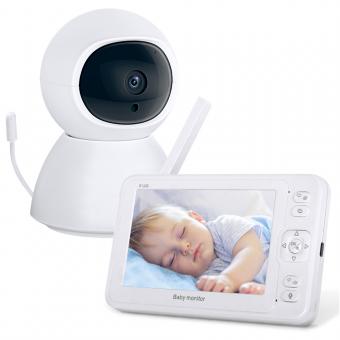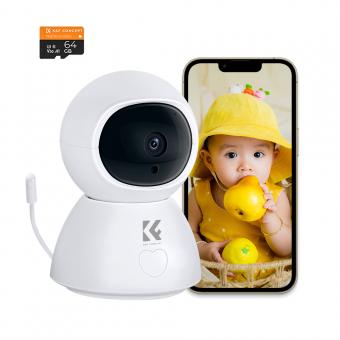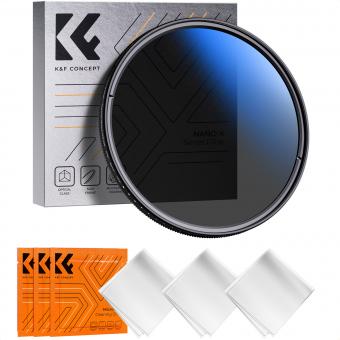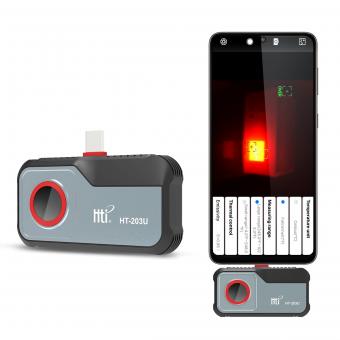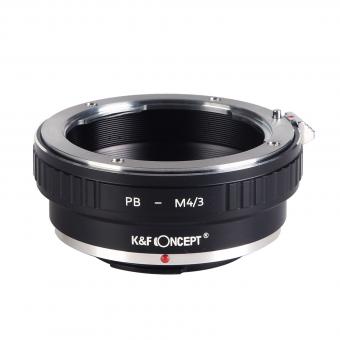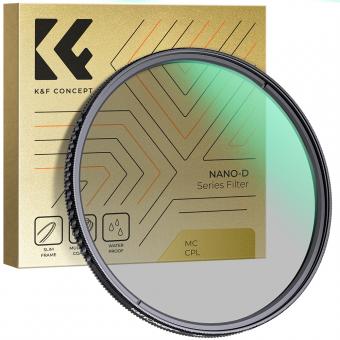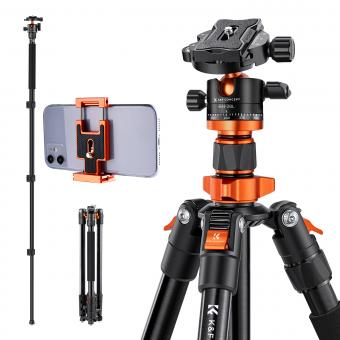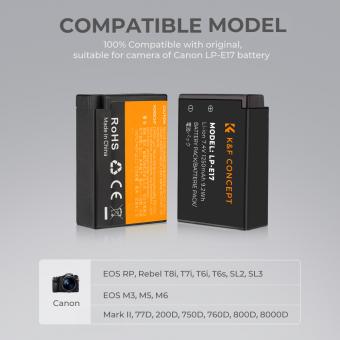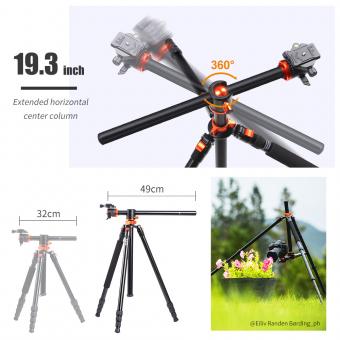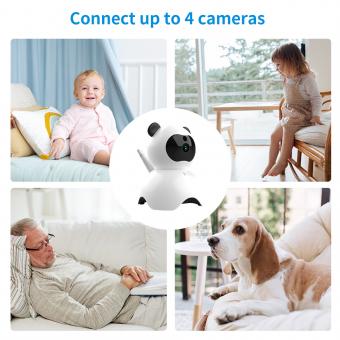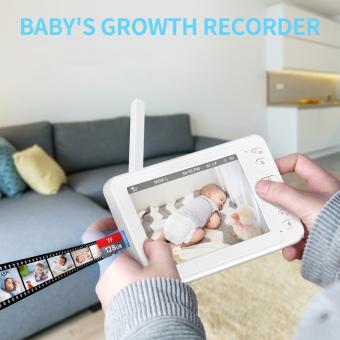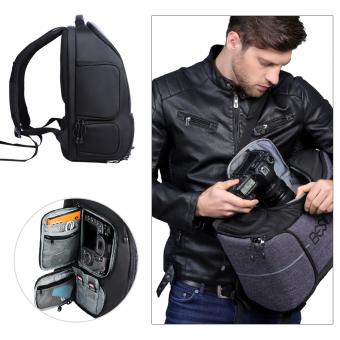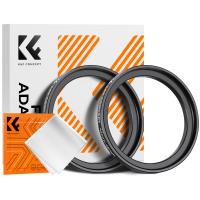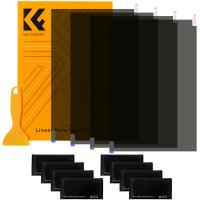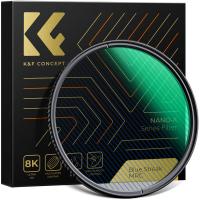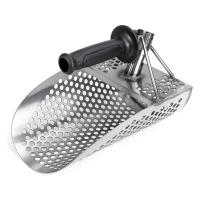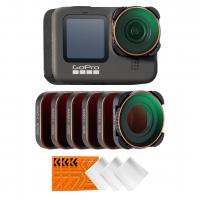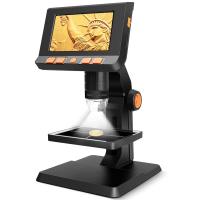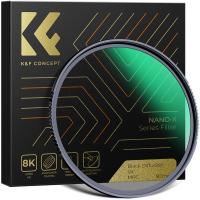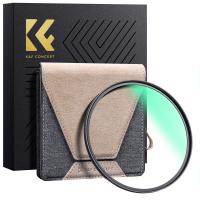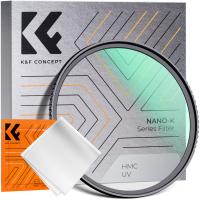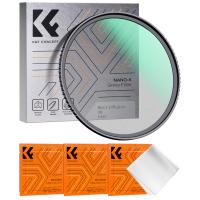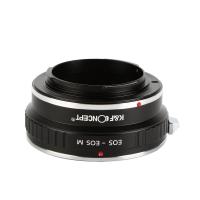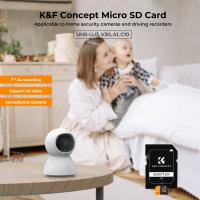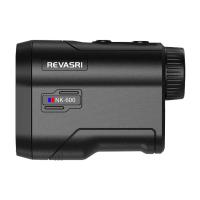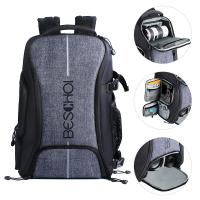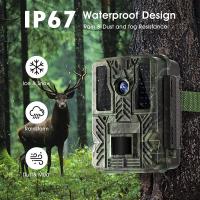What I Need To Buy For Baby ?
Some essential items to consider buying for a baby include diapers, clothing, a crib or bassinet, a car seat, bottles and feeding supplies, a stroller, baby toiletries, and a baby monitor. Additionally, you may want to purchase items such as a baby bathtub, a high chair, a changing table, a nursing pillow, and a baby carrier. It is important to ensure that all items meet safety standards and are appropriate for the age and developmental stage of the baby.
1、 Essential baby clothing and accessories
Essential baby clothing and accessories are crucial for ensuring the comfort and well-being of your little one. When it comes to clothing, there are a few key items that every baby needs. Firstly, onesies or bodysuits are a must-have as they are comfortable, easy to put on, and allow for easy diaper changes. It is recommended to have around 6-8 of these in different sizes.
Additionally, you will need a good supply of sleepers or pajamas for your baby. These should be soft, breathable, and easy to put on and take off. It is advisable to have around 4-6 sleepers in different sizes.
Another essential item is a set of baby hats. Newborns have difficulty regulating their body temperature, so hats help keep them warm. Opt for hats made from soft, breathable materials that cover the baby's ears.
Baby socks or booties are also important to keep your baby's feet warm. Look for socks that have a snug fit but are not too tight.
In terms of accessories, a baby blanket is a must-have. Choose a blanket made from soft, hypoallergenic material that is suitable for all seasons. Swaddle blankets are also great for newborns as they provide a sense of security and help them sleep better.
Lastly, consider investing in a baby carrier or sling. These allow you to keep your baby close while having your hands free. Look for carriers that provide proper support for your baby's head and neck.
It is important to note that the latest point of view emphasizes the use of organic and sustainable materials for baby clothing and accessories. Organic cotton, bamboo, and other natural fibers are becoming increasingly popular due to their softness, breathability, and eco-friendly nature.
In conclusion, essential baby clothing and accessories include onesies, sleepers, hats, socks, blankets, and a baby carrier. Opt for organic and sustainable materials whenever possible to ensure the utmost comfort and safety for your little one.
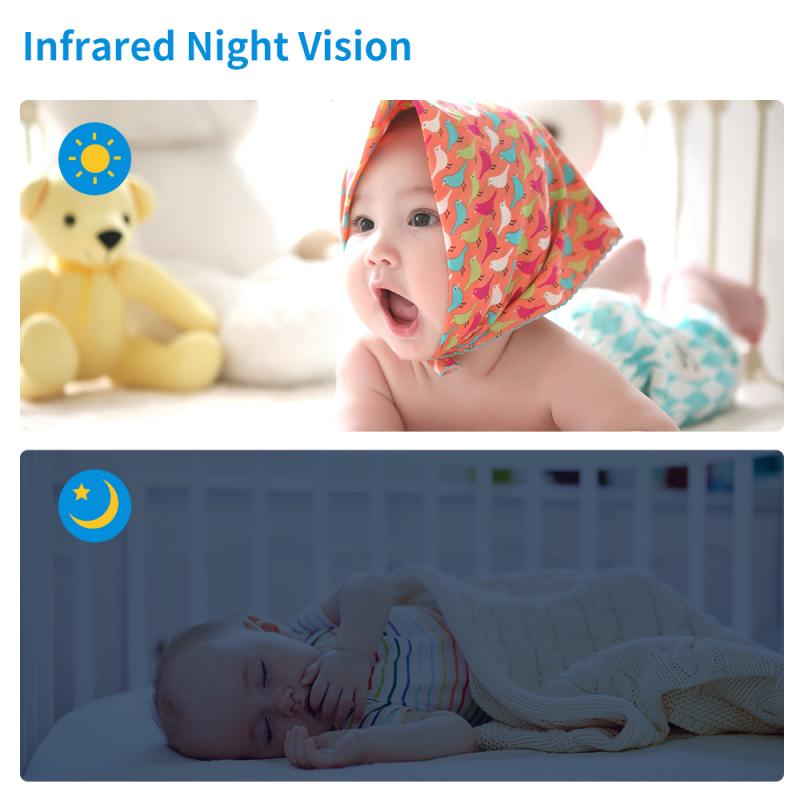
2、 Safe and comfortable baby furniture
What I need to buy for a baby is safe and comfortable baby furniture. When it comes to choosing furniture for your little one, safety should be the top priority. Look for cribs that meet the latest safety standards, such as those approved by the Juvenile Products Manufacturers Association (JPMA). These cribs should have slats that are no more than 2 3/8 inches apart to prevent the baby from getting stuck or falling out. Additionally, make sure the crib mattress fits snugly and is firm to reduce the risk of suffocation.
In terms of comfort, consider investing in a good quality crib mattress that provides adequate support for your baby's growing body. Look for mattresses made from non-toxic materials and that are hypoallergenic. It's also a good idea to have a few fitted crib sheets on hand for easy changing.
Other essential furniture items include a changing table or dresser with a changing pad on top for diaper changes, a comfortable rocking chair or glider for feeding and soothing your baby, and a sturdy and secure baby gate to block off unsafe areas of your home.
In recent years, there has been a growing trend towards eco-friendly and sustainable baby furniture. Many parents are opting for furniture made from organic materials, such as solid wood or bamboo, that are free from harmful chemicals. This not only ensures the safety of your baby but also reduces the environmental impact.
Overall, when buying baby furniture, prioritize safety and comfort. Consider the latest trends and advancements in materials to make an informed decision that will provide a safe and comfortable environment for your little one.
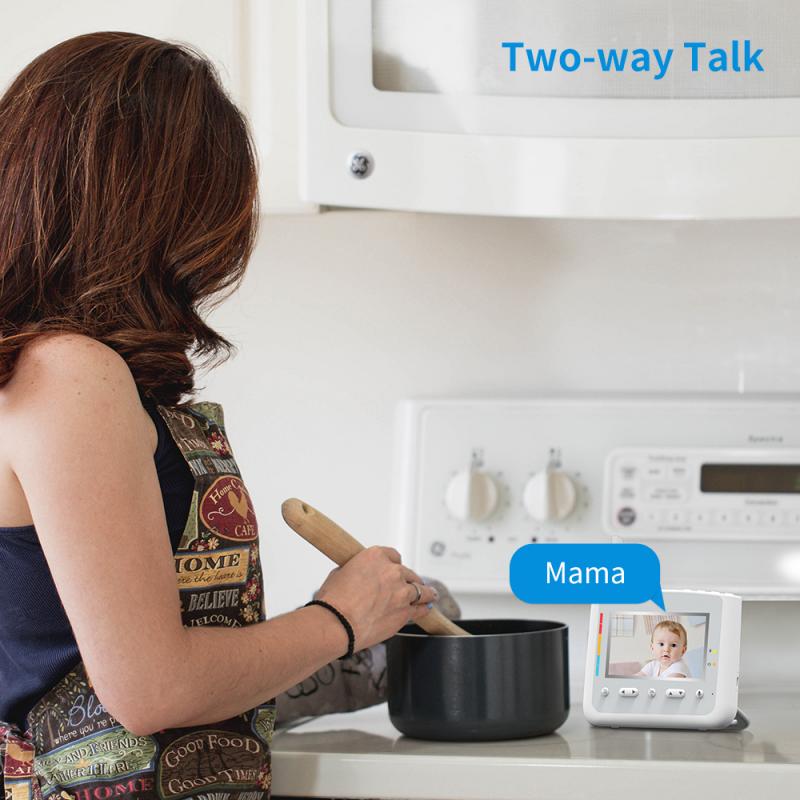
3、 Diapers and baby hygiene products
Diapers and baby hygiene products are essential items that every parent needs to buy for their baby. These products are crucial for maintaining the cleanliness and comfort of the baby, ensuring their overall well-being.
When it comes to diapers, there are various options available in the market, including disposable and cloth diapers. Disposable diapers are convenient and easy to use, making them a popular choice among parents. They are designed to be absorbent, keeping the baby dry and comfortable for longer periods. On the other hand, cloth diapers are reusable and environmentally friendly. They require more effort in terms of washing and maintenance but can be a cost-effective option in the long run.
In addition to diapers, baby hygiene products are also essential. This includes baby wipes, baby soap or body wash, shampoo, and lotion. Baby wipes are used for cleaning the baby's bottom during diaper changes and for wiping their face and hands. It is important to choose wipes that are gentle on the baby's skin and free from harsh chemicals. Baby soap or body wash should be mild and hypoallergenic to avoid any skin irritations. Shampoo should be gentle on the baby's scalp and eyes, and lotion should be moisturizing to keep the baby's skin soft and hydrated.
It is worth noting that some parents are now opting for more natural and eco-friendly options when it comes to baby hygiene products. They are looking for products that are free from harmful chemicals, artificial fragrances, and dyes. These products are believed to be safer for the baby's delicate skin and better for the environment.
In conclusion, when it comes to buying for a baby, diapers and baby hygiene products are a must. Whether you choose disposable or cloth diapers, it is important to keep the baby clean and comfortable. Baby wipes, soap, shampoo, and lotion are also essential for maintaining good hygiene and ensuring the baby's well-being. Consider opting for natural and eco-friendly options if that aligns with your preferences and values.
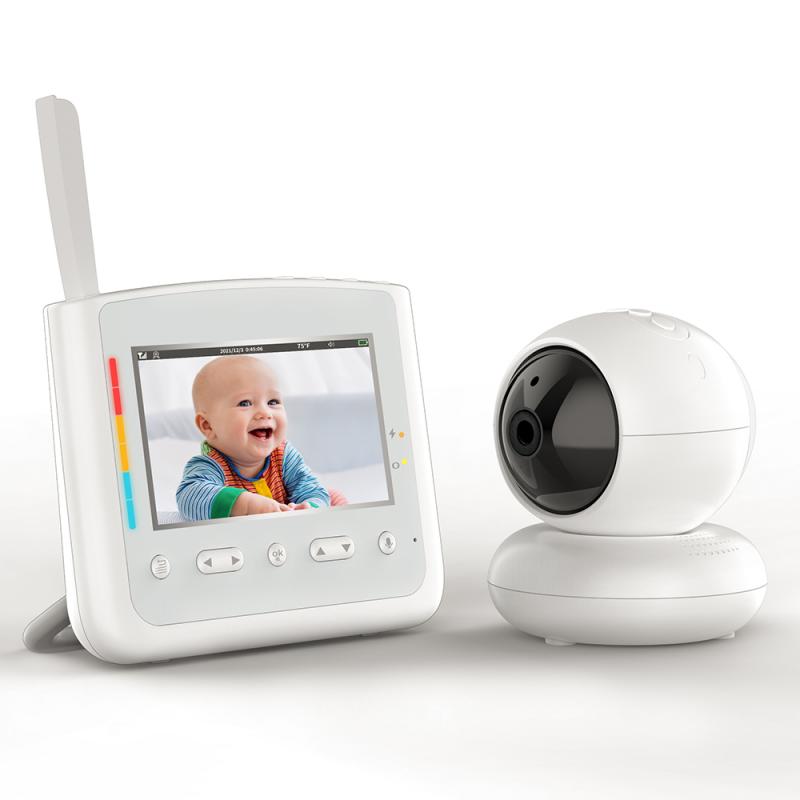
4、 Feeding supplies and baby formula (if not breastfeeding)
Feeding supplies and baby formula (if not breastfeeding) are essential items to consider when preparing for a baby. While breastfeeding is recommended as the best source of nutrition for infants, there are situations where formula feeding becomes necessary or preferred. It is important to consult with a healthcare professional to determine the best feeding option for your baby.
If you decide to formula feed, there are a few items you will need to purchase. Firstly, you will need baby bottles and nipples. It is recommended to have at least six bottles to ensure you always have a clean one available. Look for bottles that are BPA-free and easy to clean. Nipples come in different flow rates, so consider your baby's age and feeding preferences when selecting them.
You will also need a bottle brush for cleaning the bottles, as well as a bottle sterilizer or sterilizing tablets to ensure proper hygiene. Additionally, a formula dispenser can be handy for on-the-go feeding.
When it comes to choosing a baby formula, there are various options available, including cow's milk-based, soy-based, and specialized formulas for specific dietary needs. It is important to consult with your pediatrician to determine the most suitable formula for your baby.
In recent years, there has been a growing trend towards using organic and natural baby formulas. These formulas are made with ingredients that are free from pesticides, hormones, and antibiotics. They aim to provide a more natural and wholesome option for formula feeding. However, it is important to note that the benefits of organic formulas are still a topic of debate among experts, and more research is needed to fully understand their impact on infant health.
In conclusion, if you are not breastfeeding, feeding supplies such as bottles, nipples, a bottle brush, sterilizer, and formula dispenser are essential items to purchase for your baby. Additionally, choosing the right baby formula, whether it be a conventional or organic option, should be done in consultation with a healthcare professional.
